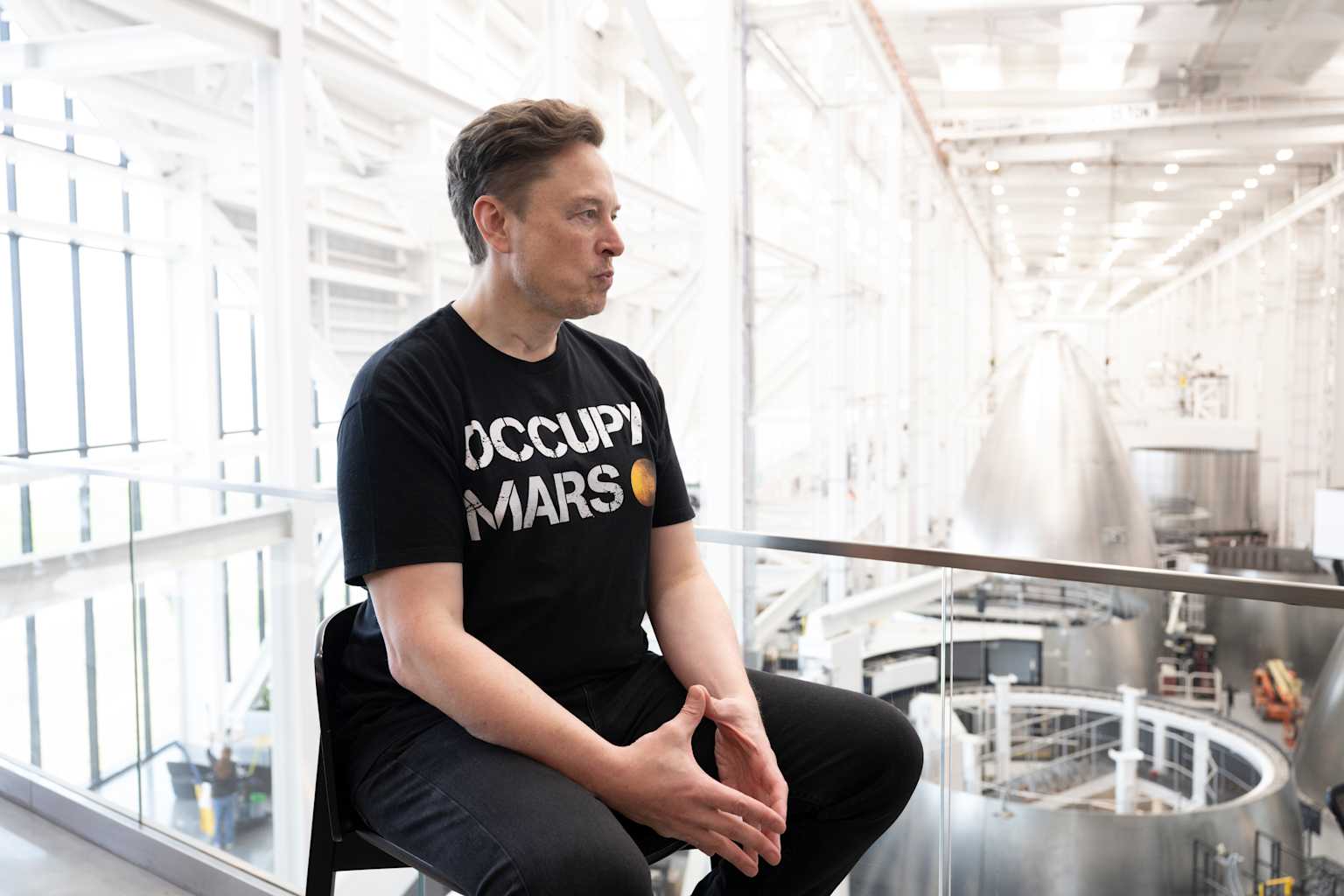(AI Generated)
Elon Musk announced Tuesday that SpaceX expects to generate $15.5 billion in revenue this year, marking a leap from the company's estimated $11 billion to $13 billion in 2024. The projection underscores the rocket maker's growing dominance in the commercial space sector, with Musk noting that SpaceX's commercial revenue will exceed NASA's entire budget next year.
The milestone reflects how private companies have reshaped an industry once dominated by government agencies, with SpaceX now positioned to outpace the very organization that helped nurture the commercial space economy.

SpaceX's revenue stems primarily from two divisions: its launch services and Starlink satellite internet network. The company completed a record 134 Falcon launches in 2024, making it the most active launch operator globally, and is targeting 170 launches this year to meet growing satellite deployment demand.
Starlink, which achieved breakeven cashflow in November 2023, has deployed thousands of satellites to provide global broadband internet service. The division claimed over five million customers worldwide as of February, with its subscriber base reportedly doubling from 2023 to 20241. NASA accounts for approximately $1.1 billion of SpaceX's total revenue this year.
Outpacing Government Spending
The comparison to NASA's budget highlights a shift in space economics. According to reporting by Morningstar, the White House has proposed cutting NASA's budget to $18.8 billion in 2026 from nearly $25 billion currently1. SpaceX's reusable Falcon 9 and Falcon Heavy rockets have reduced launch costs, enabling the company to secure a substantial share of the global launch market.
The company has also emerged as a frontrunner for a crucial part of President Trump's "Golden Dome" missile defense shield, according to Reuters reporting citing six people familiar with the matter.
Public Offering Questions Remain
Despite its growing revenue, SpaceX remains privately held, with Musk stating that Starlink will go public once cash flow becomes more predictable, though he has not specified a timeline. The company conducts liquidity rounds for employees and investors approximately every six months.
SpaceX's valuation has reached $350 billion in early 2025, according to industry analysis, as investors bet on its trajectory in both satellite internet and space transportation
Elon Musk announced Tuesday that SpaceX expects to generate $15.5 billion in revenue this year, marking a leap from the company's estimated $11 billion to $13 billion in 2024. The projection underscores the rocket maker's growing dominance in the commercial space sector, with Musk noting that SpaceX's commercial revenue will exceed NASA's entire budget next year.
The milestone reflects how private companies have reshaped an industry once dominated by government agencies, with SpaceX now positioned to outpace the very organization that helped nurture the commercial space economy.

SpaceX's revenue stems primarily from two divisions: its launch services and Starlink satellite internet network. The company completed a record 134 Falcon launches in 2024, making it the most active launch operator globally, and is targeting 170 launches this year to meet growing satellite deployment demand.
Starlink, which achieved breakeven cashflow in November 2023, has deployed thousands of satellites to provide global broadband internet service. The division claimed over five million customers worldwide as of February, with its subscriber base reportedly doubling from 2023 to 20241. NASA accounts for approximately $1.1 billion of SpaceX's total revenue this year.
Outpacing Government Spending
The comparison to NASA's budget highlights a shift in space economics. According to reporting by Morningstar, the White House has proposed cutting NASA's budget to $18.8 billion in 2026 from nearly $25 billion currently1. SpaceX's reusable Falcon 9 and Falcon Heavy rockets have reduced launch costs, enabling the company to secure a substantial share of the global launch market.
The company has also emerged as a frontrunner for a crucial part of President Trump's "Golden Dome" missile defense shield, according to Reuters reporting citing six people familiar with the matter.
Public Offering Questions Remain
Despite its growing revenue, SpaceX remains privately held, with Musk stating that Starlink will go public once cash flow becomes more predictable, though he has not specified a timeline. The company conducts liquidity rounds for employees and investors approximately every six months.
SpaceX's valuation has reached $350 billion in early 2025, according to industry analysis, as investors bet on its trajectory in both satellite internet and space transportation
